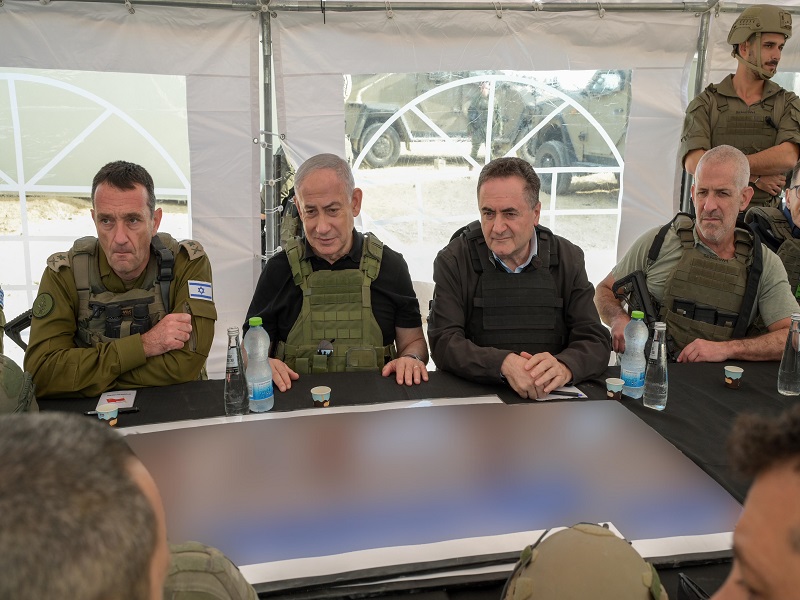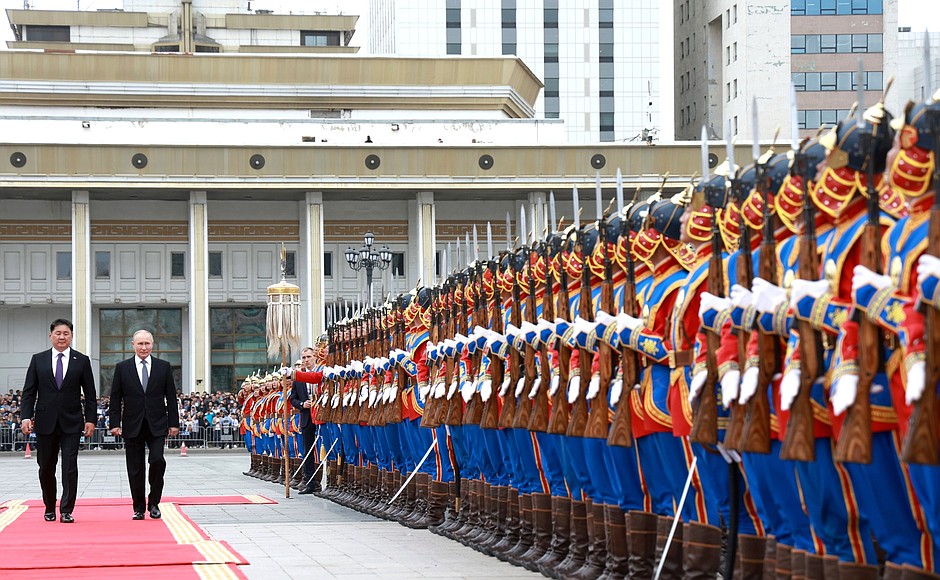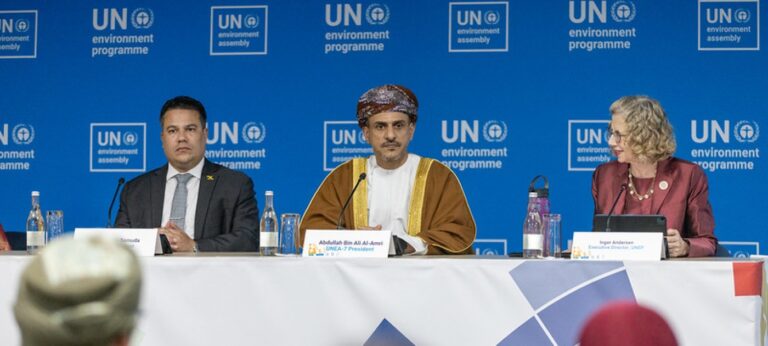
International Criminal Court, The Hague
Washington/The Hague: Unlike in the case of Russian President Vladimir Putin who was served an arrest warrant by the International Criminal Court (ICC) on March 17, 2023, in the context of the situation in Ukraine, the United States of America decried the ICC arrest warrant against Israel’s Prime Minister Benjamin Netanyahu and Yoav Gallant, the former defence minister, for committing war crimes in Gaza.
What makes the US stand as well as the ICC ruling interesting is that none of the players involved – the US, Russia, Ukraine and Israel – are members of the ICC. There is no sovereign state of Palestine. However, Ukraine has granted its jurisdiction to Poland and allowed that country to intervene for them, which is something that sovereign states can do.
Making this a ground, the US State Department today sought to make it clear that the ICC does not have jurisdiction over this matter involving Netanyahu. “We want to establish a Palestinian state, but that is – that is the fundamental nature of our jurisdictional disagreement with the court on this matter,” US State Department Spokesperson Matthew Miller told reporters in Washington.
Also read: ICJ: Israel violated its obligations under Genocide Convention

Concerning Israeli Prime Minister Benjamin Netanyahu, and former Israeli Minister of Defence Yoav Gallant, the judges of the ICC found that there were reasonable grounds to believe that each committed the war crime of using starvation as a method of warfare and crimes against humanity of murder, persecution, and other inhumane acts, as a direct perpetrator, acting jointly with others. The judges also found reasonable grounds to believe that both are responsible for the war crime of intentionally directing attacks against civilians as a superior.
The US has made it clear that it disagreed with this ruling and had serious concerns both from a jurisdictional perspective and also from a process perspective.
However, last year when Putin faced the ICC heat, US Secretary of State Antony J. Blinken was quite vocal about the warrant against the Russian President and had gone to the extent of telling the US Senate that any country that’s party to court has obligations and should fulfil those obligations [of arresting Putin].
In Putin’s case, the ICC had found that he, along with Maria Alekseyevna Lvova-Belov, Commissioner for Children’s Rights in the Office of the President of the Russian Federation, was allegedly responsible for the war crime of unlawful deportation of population (children) and that of unlawful transfer of population (children) from occupied areas of Ukraine to the Russian Federation
So on the question of whether countries’ obligations to international treaties can be selective in this way, Washington doesn’t find any equivalence between the case that the ICC has brought against Russia and the case that it has brought against Israel. “When you look at the difference between the two countries, Russia is not a democracy, does not have a functioning independent legal system, and is not investigating violations of international humanitarian law by its soldiers. Israel is the opposite in all of those cases: a democracy with an independent court system that has hundreds of open cases into allegations against its soldiers. It is important that those processes be allowed to proceed. That is the principle of complementarity under which the ICC was founded,” Miller argued.
The arrest warrants against Putin and now Netanyahu test the very authority of the ICC over these powerful leaders. A case in point is Putin’s visit to Mongolia in September 2024, where, despite being a member of the ICC, Mongolia’s decades-long Soviet-backed communist regime did not arrest the Russian President. Ahead of Putin’s visit, Ukraine had urged Mongolia to arrest the Russian President.

Mongolia openly did not comply with the ICC’s request to cooperate in this regard contrary to the provisions of the Rome Statute, and prevented the Court from exercising its functions and powers. Under Article 86 of the Rome Statute, all States Parties must fully cooperate with the Court to support its mandate.
Hence, on October 24, 2024, the ICC referred to the Assembly of States Parties, the matter of Mongolia’s failure to arrest Putin while he was on its territory and surrender him to the Court.
Those accepting the Court’s jurisdiction are duty-bound to arrest and surrender individuals subject to ICC warrants, regardless of official position or nationality. The US, therefore, is now consulting with its allies and partners about the ICC decision and how to respond to it.
“We know that Israel has hundreds of open investigations into potential violations of international humanitarian law or violations of the [Israeli Defense Force] IDF’s own code of conduct – that the ICC is supposed to be a court of last resort after those investigations have proceeded. And we have seen them take that seriously in other cases, with respect to Venezuela, for example, where they have waited until the end of a country’s proceedings before moving forward. They declined to do so here, and that’s why we have the concerns that we have,” Miller said.
Interestingly, the US allies are divided over the ICC verdict against Netanyahu. Prominent NATO members and signatories to the Rome Statute such as France found the issue to be legally complicated, and Hungary called the ICC verdict “shameful”. While Germany found it hard to arrest Netanyahu on this basis, Canada said it would abide by the ruling. While a majority of NATO countries such as Belgium, Bulgaria, Denmark, Estonia, Finland, Norway, Portugal, Romania, Slovenia, Spain, Sweden, Italy and the UK supported the ICC ruling, a few like Austria termed the verdict “utterly incomprehensible”. Even a prominent ally of the US and a QUAD member, Australia stated it respected the independence of the ICC.
“We’re going to talk to a number of partners of ours and make a decision about how we move forward…,” Miller said. To a pointed question on the US position on whether other countries that are members of ICC should follow the arrest warrant or not, Miller replied cryptically, “Every other country has to make their own decisions under their law and their systems, how they’re going to react to it”. When pressed further, he said, “So, everyone is able to make their own conclusions. Everyone is able to reach their own conclusions. Countries can make their own decisions. Countries can draw their own conclusions about what has happened, and make their own policy choices about whether, for example, they are going to continue to work with Israel diplomatically. You have seen countries of the world do that. The ICC can make its own decisions. You have seen the ICC make its decisions. They are decisions that the United States disagrees with, but it did move forward on that decision. So, everyone around the world has the agency to make their own conclusion – or to make their own decisions about the facts of these matters and pursue their own policy choices. And the United States will continue to do that, and of course, other countries will as well.”
– global bihari bureau





